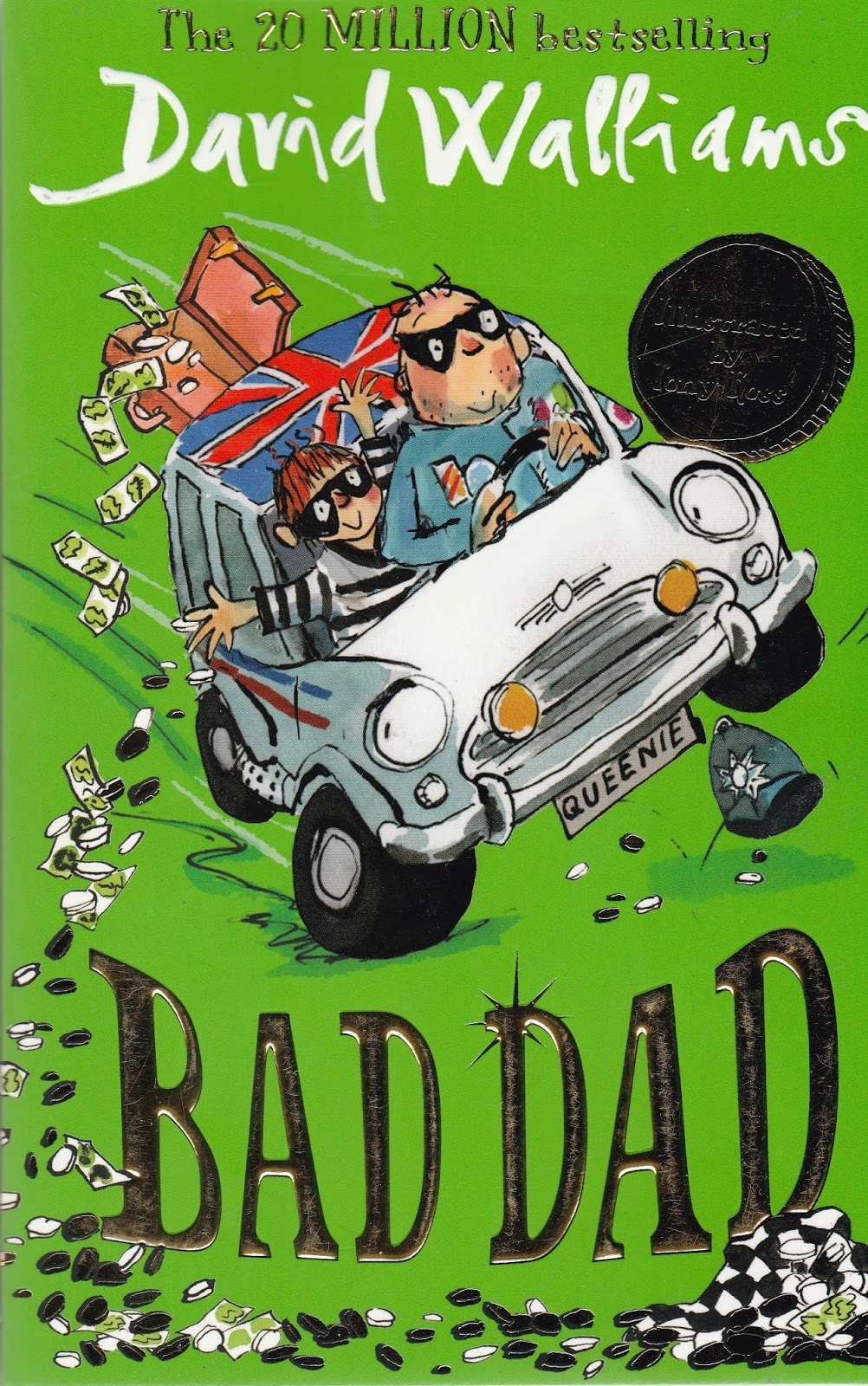The term "bad dad" often evokes a myriad of emotions, from humor to disapproval. In contemporary society, this phrase has become a point of discussion, highlighting various parenting styles and their impacts on children. As we delve into the complexities of what defines a "bad dad," it's essential to recognize that this label can be subjective and influenced by cultural norms, personal experiences, and societal expectations.
Throughout this article, we will explore the characteristics and behaviors associated with "bad dads," the implications of such parenting on children, and how society perceives these figures. By examining both the humorous and serious aspects, we aim to provide a well-rounded understanding of the topic, ultimately contributing to ongoing conversations about fatherhood and parenting styles.
Additionally, we will discuss the importance of empathy and understanding in evaluating parental roles. As we dissect the concept of "bad dad," we will also highlight how these discussions can lead to better parenting practices and foster healthier family dynamics. So, let's embark on this journey to uncover the layers behind the label of "bad dad."
Table of Contents
- What is a Bad Dad?
- Characteristics of Bad Dads
- Impact of Bad Dads on Children
- Societal Perception of Bad Dads
- Cultural Differences in Fatherhood
- Humor and the Bad Dad Stereotype
- Improving Parenting Styles
- Conclusion
What is a Bad Dad?
The term "bad dad" typically refers to a father who fails to meet societal expectations of parenting. This can manifest in various ways, such as neglect, lack of emotional support, or poor decision-making. However, it's crucial to understand that not all "bad dads" are inherently malicious; many may be struggling with personal issues or societal pressures that affect their parenting.
Defining Characteristics
Many definitions of a "bad dad" revolve around specific behaviors, including:
- Emotional unavailability
- Substance abuse issues
- Inconsistent discipline
- Lack of involvement in children's lives
- Neglecting responsibilities
Characteristics of Bad Dads
Understanding the characteristics of "bad dads" can shed light on the broader implications of poor parenting. Some common traits include:
- Neglect: Failing to provide basic needs or emotional support.
- Irresponsibility: Avoiding parental duties and obligations.
- Excessive Criticism: Focusing on negatives without offering constructive feedback.
- Lack of Communication: Failing to engage in meaningful conversations with children.
- Inconsistent Behavior: Switching between loving and detached behaviors.
Impact of Bad Dads on Children
The effects of having a "bad dad" can significantly impact a child's emotional and psychological development. Studies have shown that children with uninvolved or neglectful fathers may face challenges such as:
- Low self-esteem
- Difficulty forming relationships
- Increased risk of mental health issues
- Behavioral problems in school
Long-Term Effects
Research indicates that the absence of a supportive father figure can lead to long-term consequences, including:
- Struggles with authority and discipline
- Challenges in romantic relationships
- Higher likelihood of engaging in risky behaviors
Societal Perception of Bad Dads
Societal views on "bad dads" can vary greatly depending on cultural contexts and individual experiences. In some cultures, fathers are expected to be the primary breadwinners, and any deviation from this role can lead to stigma. Conversely, other societies may prioritize emotional availability and involvement, making the "bad dad" label more prevalent.
Media Representation
The media often portrays "bad dads" in a humorous light, neglecting the serious implications of poor parenting. This representation can trivialize the challenges faced by children and may perpetuate harmful stereotypes.
Cultural Differences in Fatherhood
Understanding the cultural differences in fatherhood can provide insight into the concept of "bad dads." Various cultures have distinct expectations and norms regarding fatherly roles, leading to different interpretations of what it means to be a "good" or "bad" dad.
Global Perspectives
In some cultures, fathers are seen as distant figures whose primary role is to provide financially. In contrast, other societies emphasize emotional support and active involvement in children's lives. Recognizing these differences is crucial in understanding the complexities of fatherhood.
Humor and the Bad Dad Stereotype
The humor surrounding "bad dads" often stems from a place of relatability. Many individuals can identify with the comedic portrayal of fathers who struggle with parenting tasks. While this humor can be entertaining, it can also mask the serious implications of neglectful or irresponsible behavior.
The Role of Comedy
Comedic representations of "bad dads" can serve as a coping mechanism for both parents and children. However, it's essential to strike a balance between humor and accountability, ensuring that the underlying issues are not overlooked.
Improving Parenting Styles
Recognizing the traits of a "bad dad" can open the door to improving parenting practices. Here are some strategies for fostering better relationships with children:
- Open Communication: Encourage honest discussions about feelings and concerns.
- Emotional Availability: Be present and supportive in children's lives.
- Consistent Discipline: Establish clear expectations and follow through with consequences.
- Seek Help: Don't hesitate to reach out for support or counseling if needed.
Conclusion
In conclusion, the concept of the "bad dad" is multifaceted and deeply rooted in societal expectations and personal experiences. By examining the characteristics, impacts, and perceptions of "bad dads," we can foster a greater understanding of parenting dynamics. It's essential to approach this topic with empathy and an open mind, recognizing that every father has the potential for growth and improvement. We encourage readers to engage in conversations about fatherhood, share their experiences, and contribute to a more supportive community for all parents.
We invite you to leave your comments, share this article, or explore other related topics on our site!
Thank you for visiting, and we hope to see you again soon!




